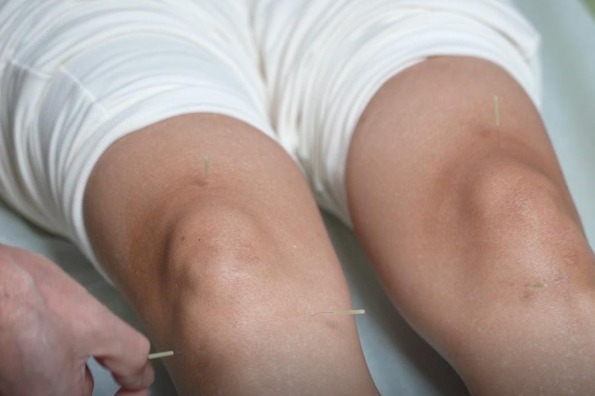China sees progress in preservation, innovation of TCM: report

China has made continuous progress in the preservation, inheritance and innovation of Traditional Chinese Medicine (TCM), enabling it to play a unique role in safeguarding and promoting people's health, according to a report submitted to the country's top legislature.
From April to mid-May, the Standing Committee of the National People's Congress (NPC) sent inspection teams to check the enforcement of TCM law, which came into effect on July 1, 2017.
Wang Chen, vice chairman of the NPC Standing Committee, presented the report on the law's enforcement for deliberation on Monday.
With an annual growth rate of 17.3 percent, the central government has allocated 8.6 billion yuan (1.34 billion U.S. dollars) in subsidies for the inheritance and development of TCM during the 13th Five-Year Plan period (2016-2020), read the report.
Noting China's improved capacity for providing TCM services, the report said that the number of TCM medical institutions reached 66,000 by 2019, up by 67.4 percent from 2012.
The accessibility of TCM services has been improved, with 98.3 percent of the country's community health centers and 97.1 percent of its township clinics able to provide such services, said the report.
The report added that China had 767,000 TCM personnel by the end of 2020, and 0.45 TCM practitioners (or assistants) can be ensured for every 1,000 persons.
Highlighting TCM's vital role in China's fight against the COVID-19 epidemic, the report said that 90 percent of the confirmed cases received TCM treatment.
China has also been pushing for the open development of TCM, said the report, adding that it has been introduced to 196 countries and regions, and 30 TCM centers have been established overseas.




